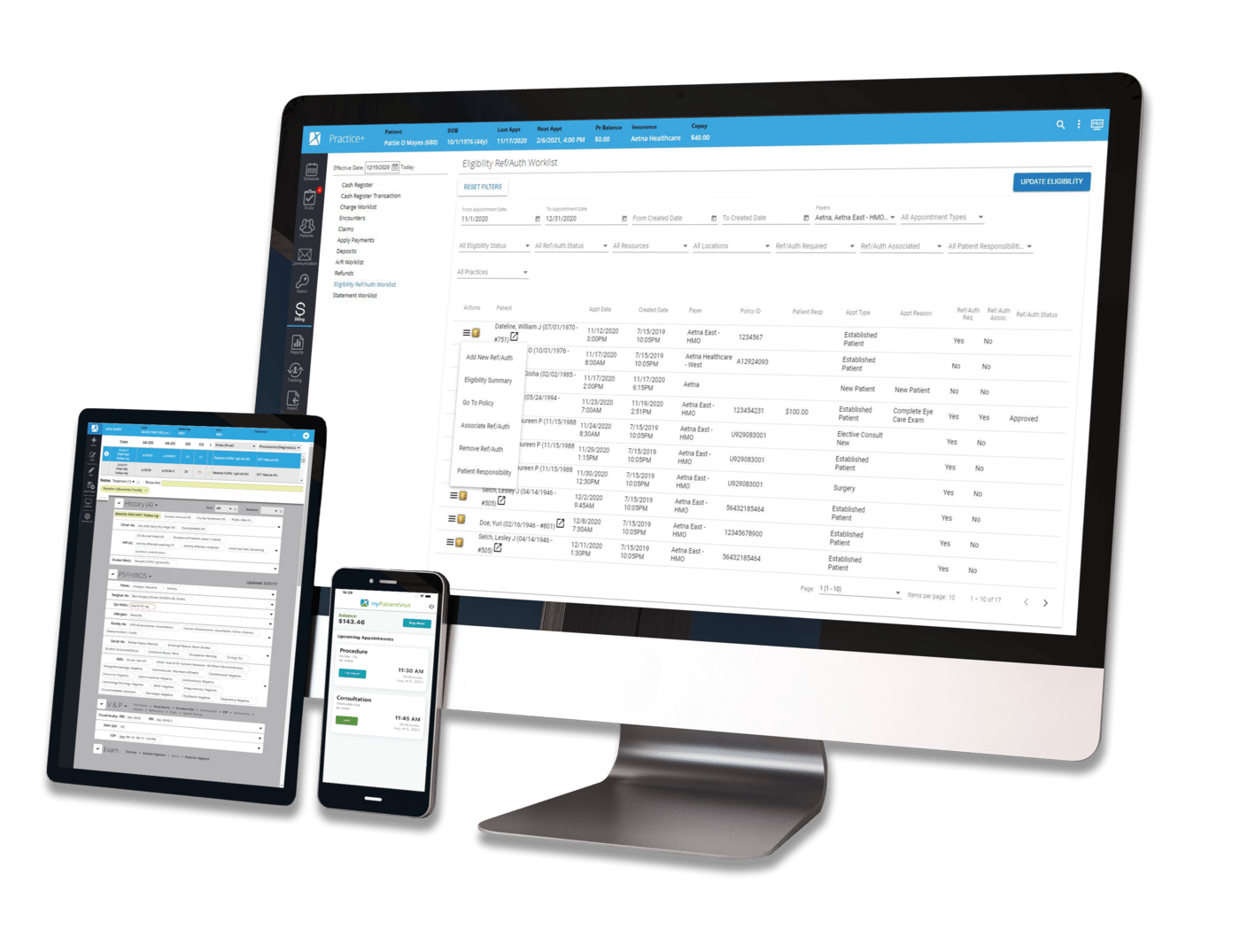Latest Articles
The latest news and information regarding electronic medical records, practice management software, HIPAA, and security from Nextech.

Practice Management | Patient Engagement | Patient Care
By:
Nextech
January 12th, 2026
Every patient interaction shapes the quality of care delivered in the exam room. Those encounters also influence scheduling efficiency, staff morale, online reputation, and overall financial performance. When appointments go smoothly, practices benefit from higher patient satisfaction, stronger loyalty, and fewer disputes. When they don’t, the ripple effects can be significant — tension builds, workflows slow down, and staff burnout increases.

Regulatory & Compliance | Revenue & Finances
By:
Nextech
January 5th, 2026
Medicare enrollment is a foundational component of successful business for specialty healthcare practices in dermatology, ophthalmology, and plastic surgery. Before a single Medicare claim can be paid, providers and organizations must be enrolled through PECOS, the Provider Enrollment, Chain, and Ownership System.


Practice Management | Patient Engagement | EHR | Referrals
By:
Nextech
December 22nd, 2025
When it comes to something as personal and high-value as healthcare, your best advertisement is a happy patient. Cultivating a referral strategy at your practice keeps new, good-fit patients coming in the door while conserving your advertising dollars.

Practice Management | Billing | Revenue & Finances
By:
Nextech
December 15th, 2025
It doesn’t matter how much patient volume you bring in: If your billing is a mess, your specialty practice will struggle to show consistent profits.

EHR | Technology & Innovation | Clinical Efficiency
By:
Nextech
November 25th, 2025
Electronic health records (EHRs) have evolved dramatically since they first began to replace paper charts decades ago. What began as a digital filing cabinet has transformed into a command center for practice operations, patient engagement, and clinical decision-making. Now, a new wave of innovation is reshaping how EHRs will power specialty care in the years ahead.

Ophthalmology | Compliance | CMS | Coding | Clinical Efficiency
By:
Courtney Tesvich
November 21st, 2025
The odds of a healthcare practice being audited took a tremendous jump this year. Proactive administrators are taking action now to make sure their practice is ready should auditors come knocking.

CMS | Coding | Clinical Efficiency
By:
Nextech
November 20th, 2025
When it comes to Evaluation & Management (E/M) coding, even experienced medical coders can get tripped up over when to use time-based codes and when to use Medical Decision Making (MDM) codes.

Healthcare IT | cybersecurity | Future proofing
By:
David Slazyk
October 31st, 2025
Healthcare organizations face growing threats from cyberattacks and data breaches — and the consequences can be devastating. When sensitive patient information is compromised, practices risk financial penalties, regulatory scrutiny, reputational harm, and most importantly, a loss of patient trust.